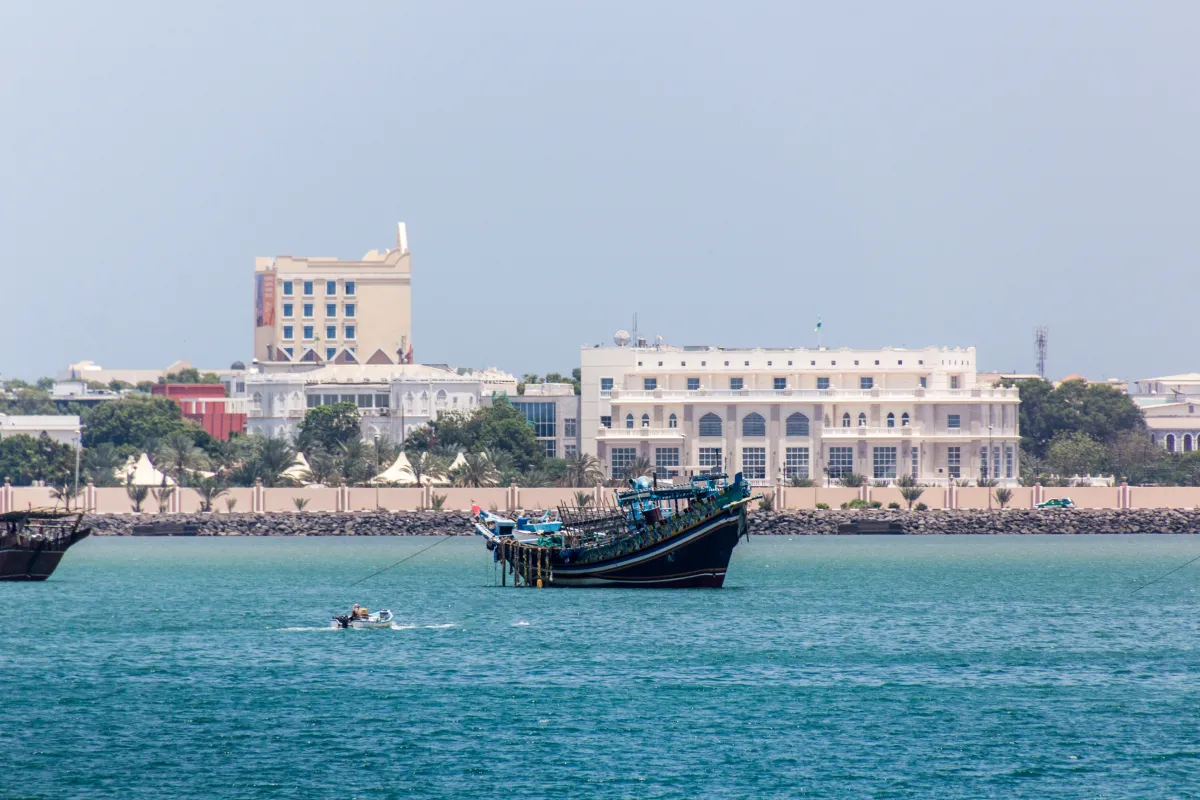
Countries
Employer of Record in Djibouti | Payroll
We help you remain competitive for top talent and grow your global team quickly — no entity required

Djibouti Fast Facts
Download our guide to hiring in Djibouti.
Payroll in Djibouti
When negotiating terms of an employment contract with a candidate in Djibouti, here are some of the statutory benefits and paid leave requirements to keep in mind, as well as how an employer of record can support your company’s benefits strategy.
Wages
In Djibouti the monthly minimum wages range from 45,000 DJF to 74,000 DJF.
National sphere minimum wages, excluding those based on piecework, range from 2,100 DJF to 3,450 DJF per day. The national sphere includes businesses under the authority of the Port Authority, Free Zone enterprises, telecom operators, international logistics firms, and state-owned energy companies. National sphere minimum wages are also specified for port workers, security personnel, hospitality staff, and sanitation services.
Salaries
The overall annual average salary in Djibouti is approximately 1,750,000 DJF per year, with monthly ranges from 38,000 DJF to 1,200,000 DJF per month, depending on the position and experience. The monthly median salary in Djibouti is around 145,000 DJF per month.
By gender, the average annual salary for men is 1,920,000 DJF, while the annual average salary for women is 1,380,000 DJF.
Salaries by location in Bhutan
Djibouti City: Known for offering salaries 31% higher than the national average for technical roles and 18% higher for management roles, especially in ports, logistics, and diplomatic sectors
Ali Sabieh: Offers salaries 15% below the national average for all positions due to limited industrial presence
Payroll frequency
In Djibouti, monthly salary payments are the most common, primarily for salaried employees such as white-collar professionals, government workers, and corporate employees. These salaries are usually paid at the end of the month or within the first week of the next month. Under the Labor Code (Art. 112), companies with 100+ employees must pay wages by the 5th of every month, while smaller companies must pay by the 10th. Annual payments are made for performance bonuses, Eid al-Fitr bonuses, annual increments, and gratuity payments.
Weekly payments are common in industries employing daily wage workers, port laborers, construction workers, and some contractual employees, with wages typically paid once a week on Saturdays. Daily wage workers, such as dockworkers, security personnel, and sanitation staff, are usually paid at the end of each working day.
Bi-weekly (twice a month) payments, though rare, are sometimes used for freelance translators or hospitality contractors, with wages disbursed every 15 days. In addition to regular wages, annual payments are made for bonuses and incentives, benefiting corporate employees, government workers, and Free Zone enterprise employees.
Disclaimer: The information provided is for informational purposes only and does not constitute legal or professional advice. Safeguard Global disclaims any liability arising from reliance on this information. Certain content may be sourced from third parties and remains their intellectual property; all other content is owned by Safeguard Global and protected by applicable intellectual property laws. You are encouraged to seek professional or legal advice to address any issues, questions or matters arising from the information contained herein.

Contact Us
Book a demo today
We’d love to learn more about your needs and show you how we can help. Submit the form and we’ll be in touch to schedule a personalized demonstration of our platform and services.
Schedule an appointment
Fill out the form to speak to a rep about how we can help your organization.



















